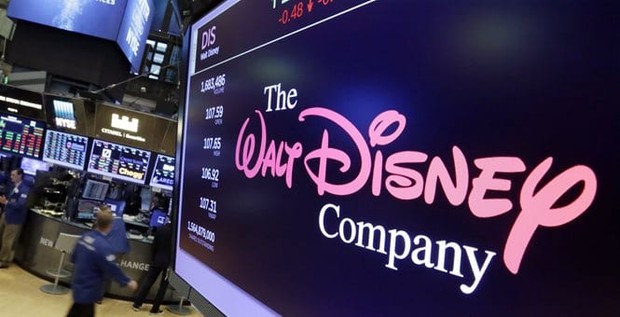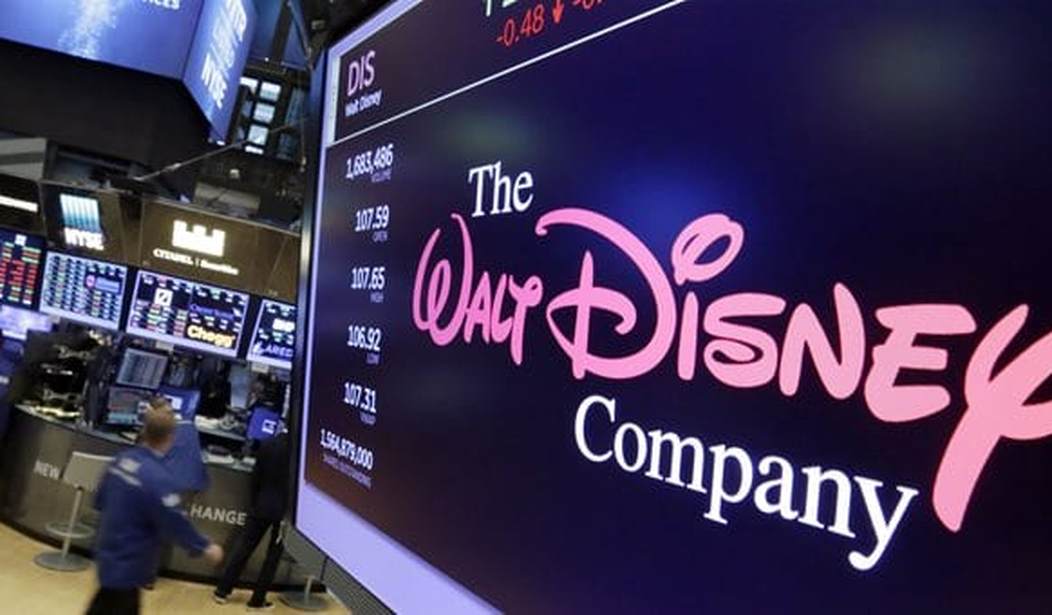
At some point, Disney made the decision to make sure that people who sat down to watch their Disney+ streaming service should get a warning about what they were going to watch.
Some of the content is understandable. For instance, in Dumbo, characters can be seen smoking cigarettes. In a children’s movie, it’s perfectly fine for a parent to maybe keep something like that in a context other than a kid’s movie.
However, some of the forewarnings are for a different reason. Disney decided to warn viewers that some of the movies they are about to view have “outdated” material within.
They put warnings like these before some of its classic movies. Peter Pan contains the song “What Makes the Red Man Red” and Lady and the Tramp features the two Siamese Cats singing in a Chinese accent. The issue is apparent, and while I salute Disney for not editing out these controversial things in their movies, the fact that their essentially putting trigger warnings before the movies isn’t helping anyone.
Acknowledging that something is racially tinged is one thing. I doubt that the people behind many of the creations of the past actually meant to be maliciously racist when they created what they did. Mickey Rooney’s Mr. Yunioshi in the classic film Breakfast at Tiffany’s is obviously a racially stereotypical character, but Rooney didn’t play it with any intent to hurt or offend. In fact, he was taken aback when people began getting angry about Yunioshi years after the film was released.
It’s likely the same could be said for many of the creators of films years and years ago when these classics were made. Back then, stereotypes were done for comedic effect, but it’d be a mistake to automatically assume that every single one of those moments was created as a way to spit at minorities from the silver screen. Perhaps some did, but I’m willing to bet most didn’t.
And herein lies the problem with trigger warnings. It essentially encourages people to use emotional reasoning when viewing things instead of looking at the thing in front of them logically. Instead of seeing the two Siamese cats and understanding that this was created during a different time and no offense was intended, adding a trigger warning only spurs the idea that some sort of guilt is there and that what we are viewing may lead down dangerous roads.
Only it didn’t. In fact, many people my age and younger grew up watching these movies and are now a part of the most race-conscious generation to ever walk the planet. We’ve become so attuned to social justice that we’ve begun to see racism where there isn’t any.
This is, in effect, because we’ve over-sensitized ourselves to offensive behavior brought on by overuse of emotional reasoning. One of the things that have helped spread this kind of over-caution is, according to The Atlantic, trigger warnings:
The expansive use of trigger warnings may also foster unhealthy mental habits in the vastly larger group of students who do not suffer from PTSD or other anxiety disorders. People acquire their fears not just from their own past experiences, but from social learning as well. If everyone around you acts as though something is dangerous—elevators, certain neighborhoods, novels depicting racism—then you are at risk of acquiring that fear too. The psychiatrist Sarah Roff pointed this out last year in an online article for The Chronicle of Higher Education. “One of my biggest concerns about trigger warnings,” Roff wrote, “is that they will apply not just to those who have experienced trauma, but to all students, creating an atmosphere in which they are encouraged to believe that there is something dangerous or damaging about discussing difficult aspects of our history.”
The question is, do we need these warnings? What purpose are they actually serving? Is anyone really going to be turned into a raging racist because they saw Peter Pan smoke a peace pipe and do a war cry? Is the Jim Crow era crow in Dumbo actually make someone yearn for the days before civil rights?
If anything, trigger warnings have only caused more racism than not. Students who have been subjected to the mentality of needing trigger warnings see monsters where there are windmills, and racism is created out of thin air. Even if someone has a way of proving that what they did had no racism attached to it, the “trigger warning” crowd will find a way to justify their pearl-clutching, call it a “microaggression” and find some minute detail you missed due to your “unconscious bias” that you have because you were raised in a culture filled with “institutional racism.”
It’s a ridiculous mentality that only seems to cause stress and distrust of your fellow man, and Disney — one of the largest media corporations in existence — is feeding right into it. If Disney thinks it’s helping anyone, then I’m wondering who it thinks it’s helping.
My only guess is that Disney believes it’s helping itself. It’s “fortune telling,” or guessing that something bad is going to happen if they don’t acknowledge that these movies contain scenes that have stereotypical depictions.
I’m not sure if that’s necessarily bad on Disney’s part, or on our society’s. Either way, Disney is essentially giving an “okay” to the outrage by acknowledging that there’s something to be outraged about.
Truth is, what is and isn’t outrageous is in the eye of the beholder. I can watch Saving Private Ryan’s Normandy scene without batting an eyelid while some people around me have to hide their eyes. While they don’t like it, they don’t tell me to turn it off either. They make the effort to avert their own attention without trying to stop everyone else from watching the movie.
In the same vein, there are plenty of instances in our current media that feature slams and stereotypes of white people and men. I can fully admit that I don’t like many of them, especially when they’re made with open hostility toward my race and gender. I still don’t demand a trigger warning beforehand. Even if I don’t like it, it’s easier to shrug it off, or if it’s bad enough, voice my opinion about it and move on.
Putting too much time and effort into demanding that I live in a culture where someone else makes sure they’ve prepared me for something that might — might — trigger me seems infantile, and putting me into a mentality of seeking stress to boot.
If Disney wants to help, it’ll lose the trigger warnings.















